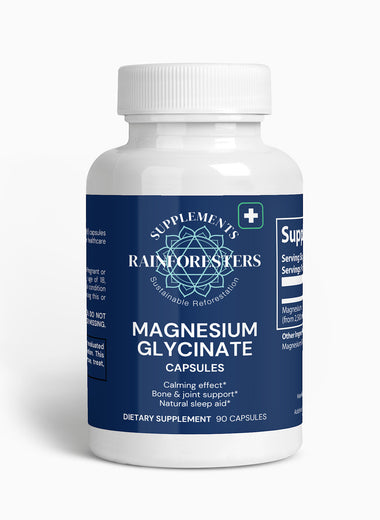When it comes to choosing between conventionally grown and organic produce, many people focus on the absence of pesticides in organic options. However, the benefits of organic produce go beyond just being pesticide-free. Let's explore how organic farming practices lead to produce that is not only safer but also more nutritious.
How do minerals get into organically grown produce?
Organic farming relies on natural methods to nourish the soil and plants. By using compost, cover crops, and crop rotation, organic farmers ensure that the soil is rich in essential minerals. These minerals are then absorbed by the plants, leading to produce that is packed with nutrients.
What minerals do you find in organic produce?
Organic produce is known to be higher in certain minerals compared to conventionally grown options. For example, organic fruits and vegetables are often richer in magnesium, iron, and vitamin C. These minerals play crucial roles in supporting overall health and well-being.
Is organic produce more expensive?
While the price of organic produce may seem higher at first glance, it's essential to consider the long-term benefits. When you factor in the cost of healthcare due to pesticide exposure and the value of the extra nutrients found in organic produce, the overall cost may not be as high as you think. Investing in organic produce is an investment in your health.
Next time you're at the grocery store, consider choosing organic produce not just for its lack of pesticides, but for the abundance of minerals and vitamins it provides. Your body will thank you for making a choice that supports both your health and the environment.





